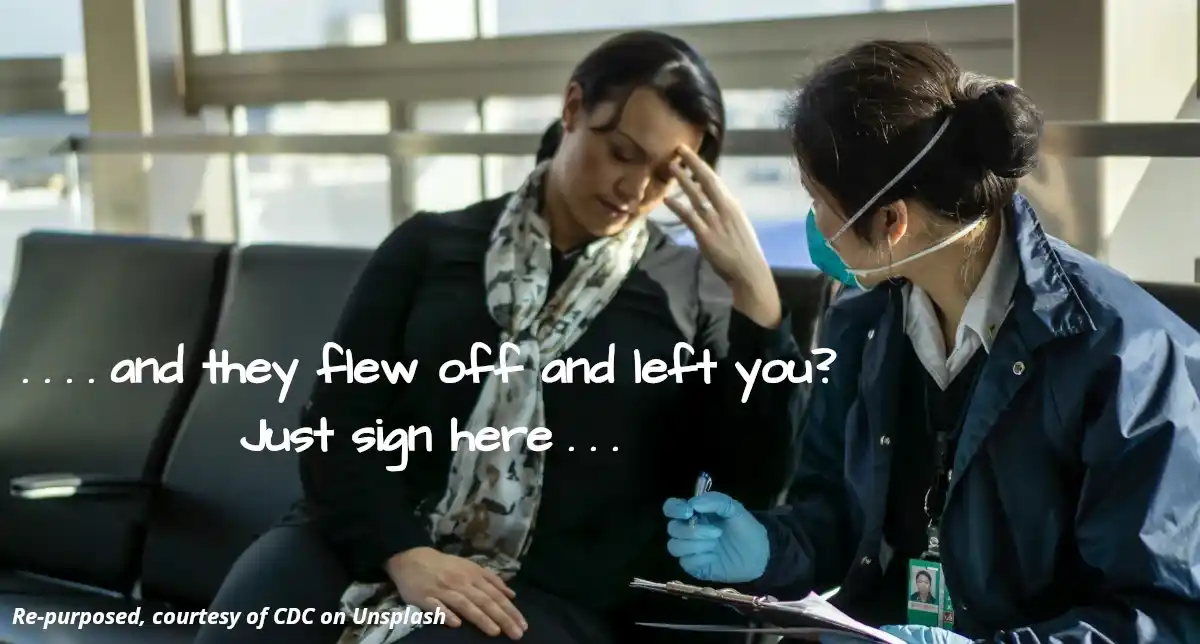Over the years we have had several airlines as clients. One of their concerns has been responding to lawsuits for flight delays.
No airline can always fly on time. The challenges in managing technical, personnel, financial, communication and meteorological issues are just far too complex. But if we go back a couple of decades this also seemed to be matched by a certain laxity of effort, underpinned by a sense of fatalism among travellers.
No longer. Since the EU’s regulation 261/2004 guaranteed passenger rights, airlines have tightened their procedures and now routinely pay compensation for cases of delayed or cancelled flights. The airline is responsible for paying a fixed tariff unless it can document force majeure or ‘exceptional circumstances’. Operational issues like mechanical failures don’t count, and if they occur the airline must try to re-book you on the first available flight, even if this is with its competitors. The European Court of Justice has taken a pretty tough line on the side of consumers.
Of course, circumstances beyond the airline’s control are different. Extreme bad weather can close an airport. One airport mistakenly mixed Schengen and non-Schengen passengers, and had to ground all flights for half a day, not the airlines’ fault. But even then the airlines must check whether nearby airports have flights with spare capacity. For large disruptions this can be an almost impossible task.

If you look on airline web sites, you can find standard claim procedures that actually work. There are probably airlines out there that still try to wriggle out of it, but in my experience they just want to pay up and move on.
This change didn’t happen overnight. Delays in implementation spawned a fair number of agencies who claim to ensure compensation more effectively than you can do it yourself. If you are not bothered, you can legally sell your claim to them. My own recent experiences say that this is usually superfluous, as you have to give the agency the same data you give the airline, and perhaps more. But the lawsuits from these agencies only seem to proliferate.
One vexatious situation is when passengers sell their claims to several agencies. It is surprisingly common for a delayed traveller to apply for compensation directly from an airline, then sell the same claim to one or more agencies. This leaves the agencies scrapping over whose claim is valid. It puts an entirely unreasonable burden on the airlines’ legal staff, who get caught up in claim and counter-claim, often when the passenger has long ago received compensation.
Whether there will ever be any sanction against feral claimants is hard to know. But the waste of resources is surprisingly high. In the long run it raises prices for all, and adds to the already worrying carbon footprint of flying.
#claim, #airline, #translation, #regulation 261/2004,
